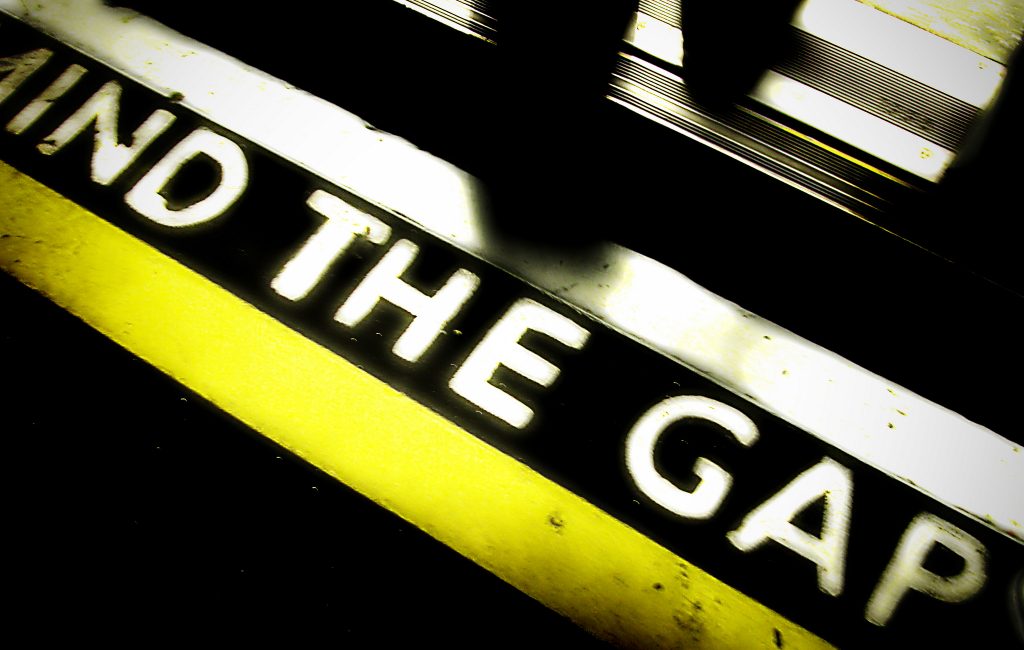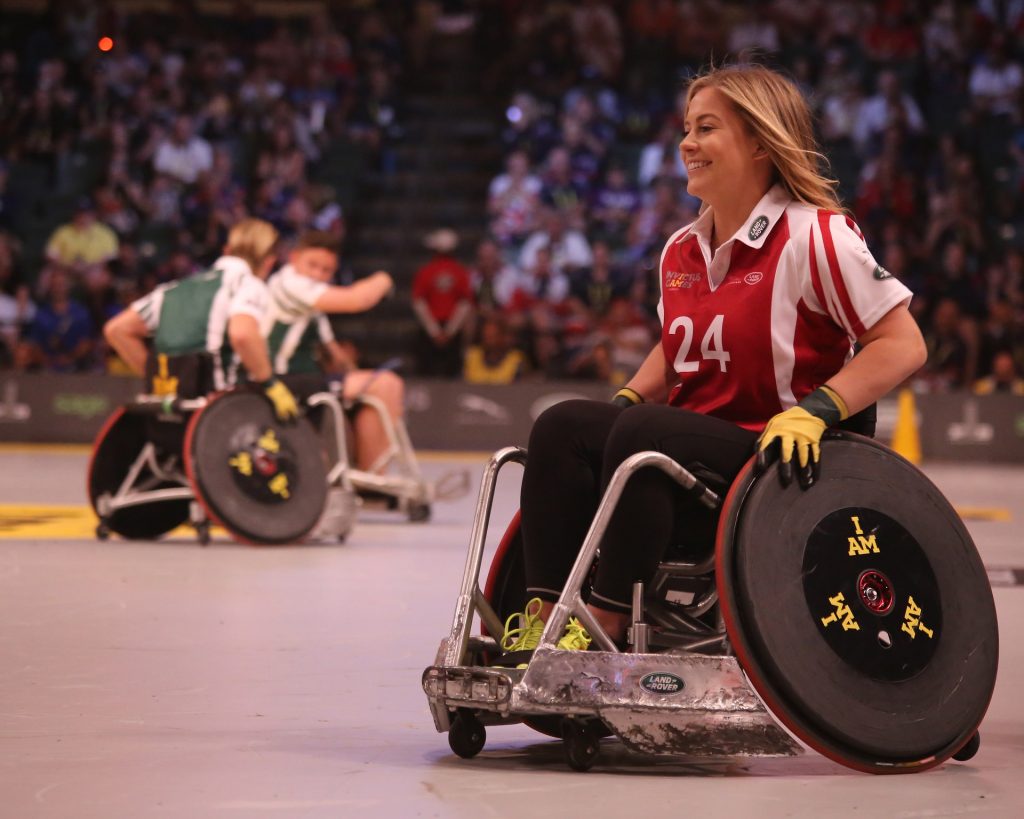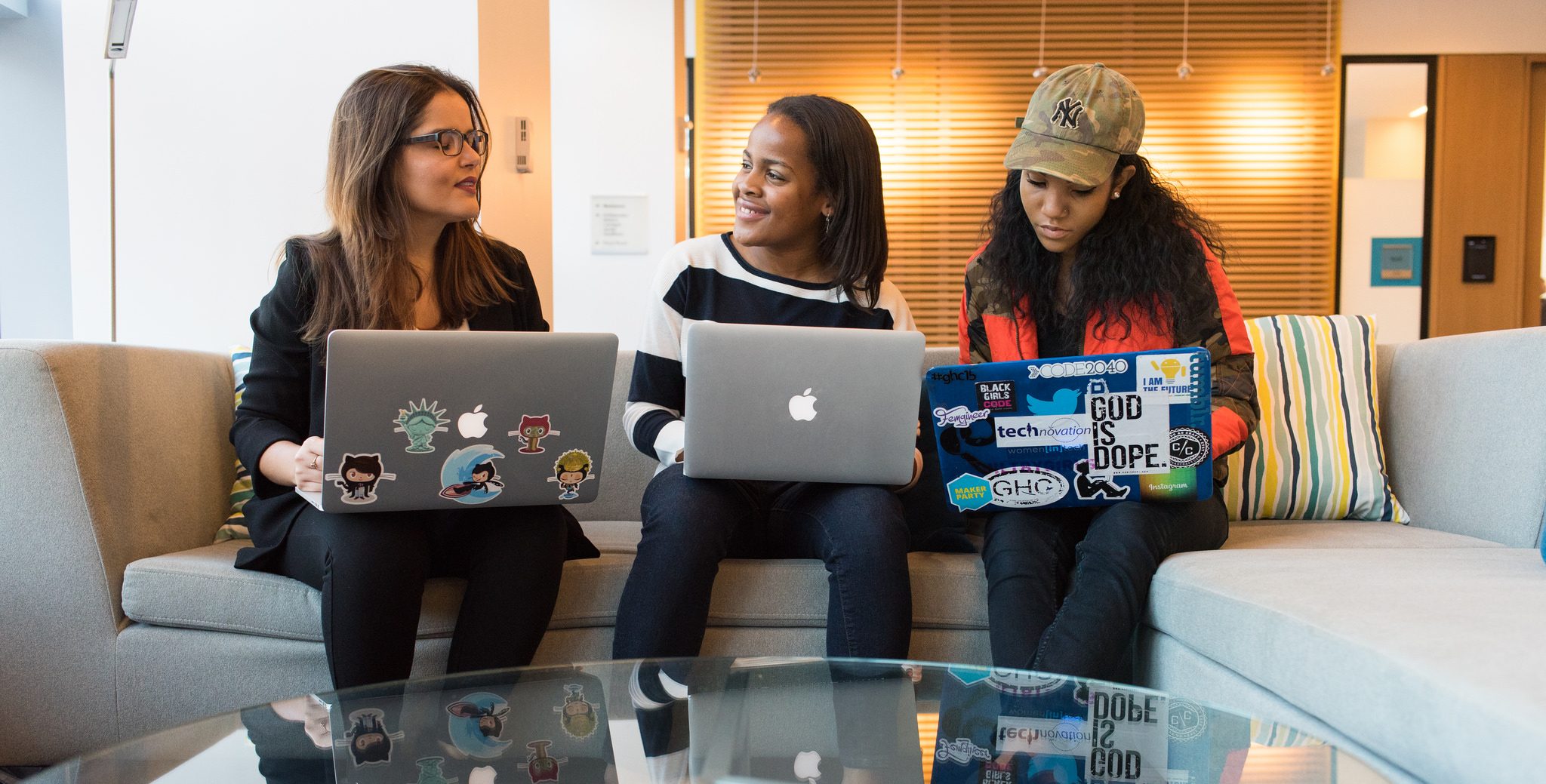The BBC’s annual report has re-opened the question about the gap in wages between men and women. But that isn’t all – the report also revealed worrying information about wages for black, ethnic minority and disabled people.
Female stars have spoken out about the gap between their wages and those of their male colleagues. They point out that this gender pay gap is a problem throughout the organisation and not just for the highest earners.
But there’s been little emphasis on the large gap between earnings for people of colour, and none on the lack of representation for disabled people. Only 10 of the 96 BBC stars earning more than £150,000 per year are black and minority ethnic (BAME). At number 25, George Alagiah is the first BAME star on the list.
It’s also a problem that goes far beyond the BBC.
The pay gap or equal pay?
 The gender pay gap is usually defined as the difference between the wages of men and women. The Office of National Statistics measures it by the median wage for men and women. This is the wage that half of the population earns more than, and half of the population earns less than. Since 2006, the gap between men’s and women’s wages has decreased from 22.3% to 18.1%. However, this still means that women earn only 82p for every £1 earned by men.
The gender pay gap is usually defined as the difference between the wages of men and women. The Office of National Statistics measures it by the median wage for men and women. This is the wage that half of the population earns more than, and half of the population earns less than. Since 2006, the gap between men’s and women’s wages has decreased from 22.3% to 18.1%. However, this still means that women earn only 82p for every £1 earned by men.
Equal pay refers to equal pay for equal work. It’s been illegal since 1970 to pay people different wages for the same job because of their gender. But discrimination in hiring, and different amounts of time spent caring for children or other family members can affect the types of work that women do.
Though widely reported on, the gap between what men and women earn is not the only pay gap. The pay gap for disabled people compared to non-disabled people is widening. And there are also significant gaps in wages between BAME and white people, although this varies by ethnic group.
Not just a gender issue
 Image: CRAUET Benoît / Flickr
Image: CRAUET Benoît / Flickr
Disabled women and disabled people of colour are the lowest paid groups in society.
Gender, race and disability overlap. This means that there are differences in pay between women. Women from ethnic minorities earn less than white women. The wage gap becomes even bigger when people are from less advantaged backgrounds. This means that parents’ wages affect the wages of their children. The Equality and Human Rights Commission has found that 30% of households with a disabled person are poor, compared with 18% of households without a disabled person. It also found that:
‘Disabled Bangladeshi and Pakistani men experience particularly large pay gaps of 56% and 36% respectively, and disabled Black African men a gap of 34%, compared with White British non-disabled men.’
People continue to be discriminated against because of race and disability. For example, black university graduates earn 23.1% less than white university graduates. There’s also discrimination in the hiring processes, which means that people from ethnic minorities and disabled people are often in lower paid jobs.
Women of colour and disabled women are particularly disadvantaged in this, although the gap between disabled and non-disabled men is bigger than the gap between disabled and non-disabled women. This is why it’s important to look at the wage gap, and not just at equal pay.
What can we do about it?
 Image Credit: Pixabay
Image Credit: Pixabay
Freedom from discrimination is a human right, protected by Article 14 of the Human Rights Convention. This states that you can’t be denied your rights on the basis of characteristics including race, gender or disability. Under the Equality Act of 2010, employers and public bodies must not discriminate against people on the basis of 9 ‘protected characteristics’. Race, gender and disability are among them.
From 2018, organisations with more than 250 employees will have to publish data on the wage gap between their male and female employees. But there isn’t yet a similar requirement for disability or ethnicity, despite a recent Government backed reviewing pushing for it.
More attention is urgently needed to highlight the issue, as well as quash discriminatory hiring processes on the basis of race and disability. We still have a long way to go.
Want to find out more about this kind of stuff?
- Read more about why we we should challenge the gender pay gap
- Find out what human rights do for people with a disability
- See this news story the push for BAME pay gap data







